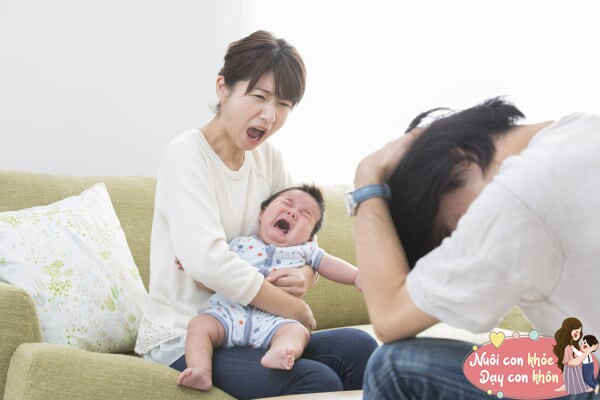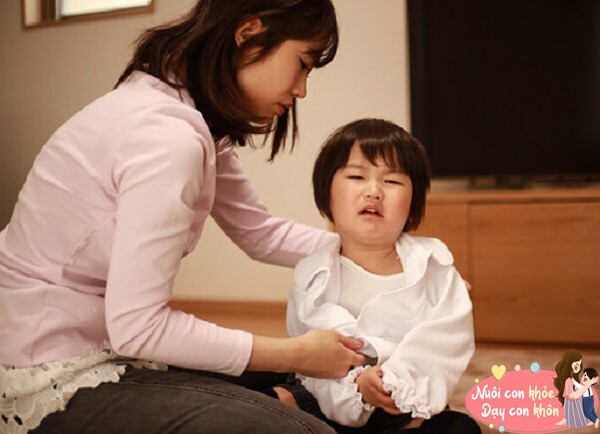Some children may take a day or two to settle down after crying, while others may continue for a month or even longer. This variability is often attributed to the unique family dynamics each child comes from, which can significantly impact their ability to adapt to new environments like kindergarten.
Dysfunctional Families and Their Impact
Family dynamics play a crucial role in a child’s development and sense of security. For instance, tension between a mother-in-law and daughter-in-law, resulting in frequent arguments or a cold war, can leave a child feeling unsafe and insecure. Similarly, children who are frequently exposed to conflicts between their parents are more likely to exhibit crying and irritable behavior.

*Parental conflicts can disrupt a child’s sense of security and well-being.*
The family is a child’s first and most important safe haven. Therefore, the harmony or disharmony within the family unit will inevitably shape their psychological development and personality. When family members are in a state of tension or conflict, a child’s sense of security can be compromised, leading to fears and anxieties that may be exacerbated when they start kindergarten and encounter a new environment.
To prevent this, parents should refrain from arguing in front of their children and strive to resolve conflicts amicably through consultation, ensuring that their child’s sense of safety remains intact.
The Consequences of Neglectful Families
While some parents may view a child’s crying as a minor issue that will resolve itself, research suggests that neglecting a child’s cries can have significant implications for their psychological development. Renowned psychologist Sigmund Freud emphasized the critical importance of trust-building during early childhood, particularly in the first year of life.
A child’s cry is not merely a sign of physical discomfort but also their way of communicating their emotional and psychological needs. Therefore, parents should respond promptly and with understanding instead of ignoring their child’s cries.

*Neglect can shake a child’s sense of security and trust in their caregivers.*
When a child feels that their mother and the people around them are reliable and responsive to their needs, they develop a sense of trust, not only in their immediate family but also in their extended family and educational institutions like kindergarten.
On the other hand, if a child’s cries are consistently ignored, such as when a mother is preoccupied with a phone call or a grandmother is busy with household chores, the child may feel abandoned and neglected. This can lead to a sense of distrust and a belief that the world is unreliable, causing fears and self-doubt.
The Pitfalls of Overindulgent Parenting
Overindulgence by parents can hinder a child’s path towards self-reliance, especially during the critical period of development between the ages of one and three. This is the stage when children should be encouraged to explore their independence, as emphasized by Freud.
Children should be guided towards making their own decisions and mastering self-care tasks like eating, dressing, and using the toilet independently. This fosters a sense of self-belief and confidence. However, if parents or caregivers do everything for the child, it can easily lead to self-doubt and a sense of inadequacy.

*Overindulgence can stunt a child’s sense of independence and self-worth.*
When a child reaches the age of two and still relies entirely on adults for basic tasks, they may internalize a sense of incapability. These feelings of inadequacy can intensify when they start kindergarten and find themselves unable to keep up with their peers, whether in terms of self-care or participation in group activities.
The resulting embarrassment and anxiety can further diminish their self-confidence, making them more prone to crying and exhibiting restless behavior when separated from their parents.




































